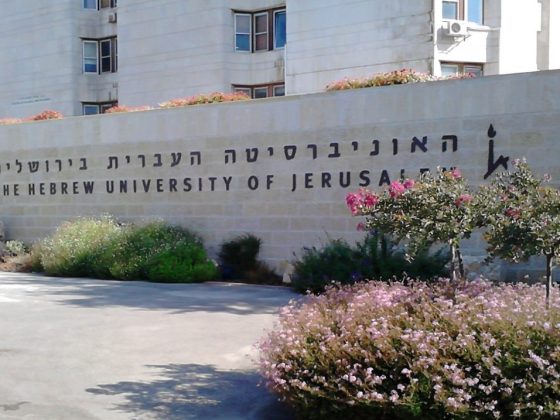For many people, happiness is a feeling that they are loved, accepted, and safe in their social environment.
We feel secure when we have a positive image of the future. An optimistic feeling about the future gives us a reason to live. If we lose it, we become dejected and sometimes even suicidal. The future is more important to us than the present; it brightens or darkens the now, so it is vital that we understand how to build a safe future, surrounded by love and friendship.
Currently, to feel safe, we surround ourselves with insurance policies, retirement funds, and the like. But at the end of the day, very few people feel calm and secure when it comes to the future.
In the past, the family unit was a source of both love and security. Today, family ties are so broken that we can no longer rely on them in times of need. We feel alone, living in an age of alienation and isolation.
“In the past, the family unit was a source of both love and security. Today, family ties are so broken that we can no longer rely on them in times of need. We feel alone, living in an age of alienation and isolation.”
Rather than being tied to a loving family, today we are chained to the whole world. Humanity has become a global network where everyone feels connected, influencing each other, and dependent on each other. It is as though humanity is sitting in a boat that is drifting over stormy waters; we are dependent on each other for our survival but we cannot stand each other and do not want the others on board to live. In such a state, of course we feel insecure and unloved.
Such a state can make us want to give up, but we can also see it as a challenge, a springboard for the next level in our development. To do that, we need to invert the negative interdependence that has been imposed on us by reality into a positive one, like the family ties we used to feel.
In such relationships, we do not want to annihilate each other. On the contrary, we want to support each other and help each other. By creating a reciprocal system where everyone helps everyone else, we create a society where everyone cares for everyone else, and we begin to generate feelings of love and security on the social level. That level is far more rewarding than being loved by just a few family members; it is a completely different perception of the society, a feeling of closeness to all the people. It is happiness on a new, deeper, and much stronger level.
“In a state where all the members of society feel close to one another, everyone contributes their skills for the common good and enjoys the contributions of everyone else. The society becomes a body whose members are its cells and organs: Each of them has its unique function, but all of them work toward the same goal with the same absolute dedication and love.”
In a state where all the members of society feel close to one another, everyone contributes their skills for the common good and enjoys the contributions of everyone else. The society becomes a body whose members are its cells and organs: Each of them has its unique function, but all of them work toward the same goal with the same absolute dedication and love.
We are already interconnected and interdependent. We cannot break our connections, so our only choice is to go forward. Since we resist this process, we feel increasingly frightened and alone in a world where we are dependent on enemies. If we embrace the process, we will feel, as I have just described, like cells working in harmony for the well-being of the body, feeling safe and loved by all.











